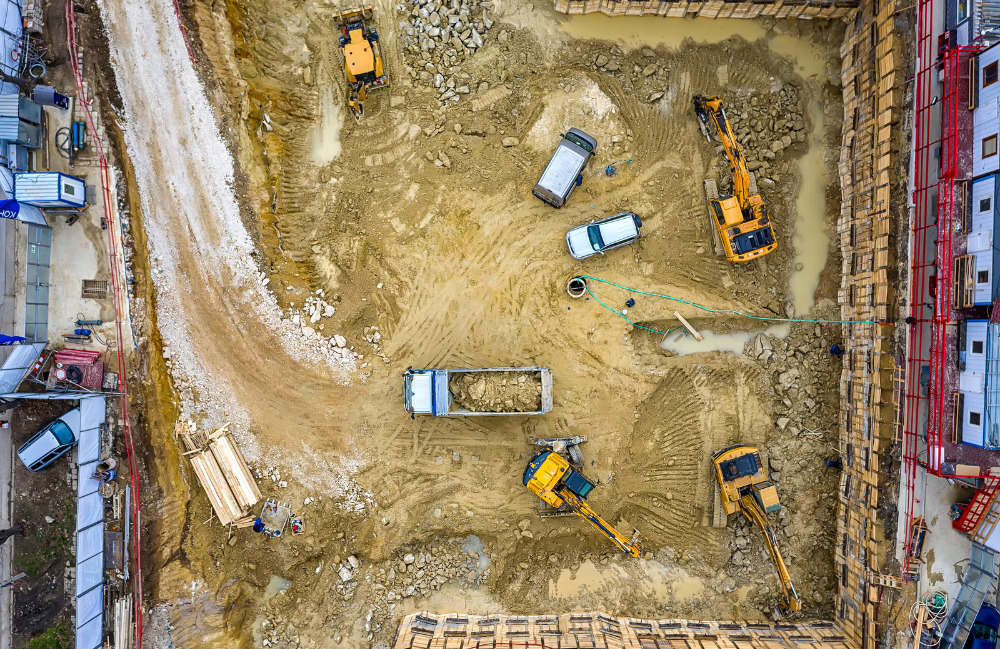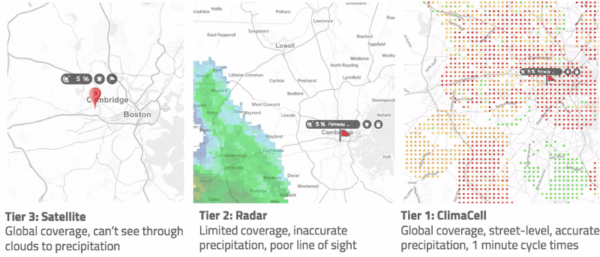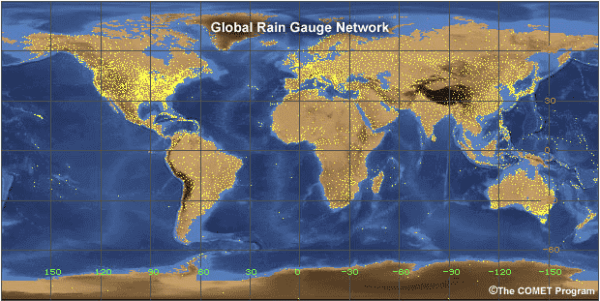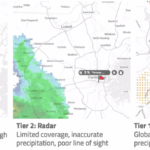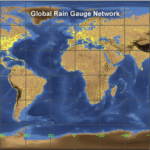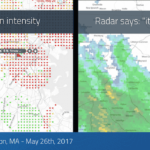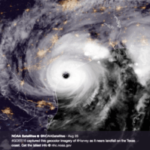Construction is, as much as any industry, often impacted by weather. And while construction professionals can’t control the weather, being able to forecast it and apply deep industry expertise to that type of weather intelligence is the key to minimizing the negative impact of weather on their operations and to optimize jobs as much as possible.
At the top of how construction is impacted by inclement weather is crew safety. Simply put, many weather scenarios make it not just difficult for construction crews to work in, but downright dangerous. A surprise lightning strike, howling wind gusts that put roofers at risk, or heat waves that hit crews with surprise heat exhaustion are all examples of dangerous weather.
For crew operators and managers, time is money, and having to make decisions about whether to schedule a crew for a certain day or how many jobs to schedule when the forecast suggests some possibility of rain and dark cloudy skies are looming can be excruciating. The goal of weather intelligence is to combine hyper-accurate weather forecasts with business and industry expertise for what type of thresholds and conditions are workable, to simplify those go / no-go decisions.
While time is money, the most concrete – no pun intended – way that weather impacts the bottom-line for construction companies is in damaging equipment and ruining recently poured concrete. Sudden rain or a precipitous drop in temperatures after a crew has just poured concrete would waste all that concrete and force the crew to re-do their job the next day – a tremendous waste of both resources, not to mention time. Operators need to know if there is any risk of precipitation or cold temperatures before pouring concrete, or if there’s enough of a window to allow the concrete to dry.
But really, the most critical way that a weather intelligence platform can optimize and streamline construction operations is by improving and standardizing communication. This is critical for both employees and clients. Having all your crews working off the same single source of truth, that communicates the appropriate weather insights and alerts to all of them helps streamline communications across the board. Similarly, weather intelligence can help construction companies better meet SLAs and communicate to clients specifically if and when SLAs will be impacted by weather.
The beauty of the Tomorrow.io weather intelligence platform for construction crews is around not just the accuracy of forecasts, but the ability to create customized action plans and insights that go beyond the forecast to provide actionable, consistent communication. Together with a dynamic alerting system and other more complex weather analysis and tracking features, the Tomorrow.io weather intelligence platform is a must for any construction operator and manager to better streamline and optimize their operations.
See How Tomorrow.io Can Transform Your Construction Operations
